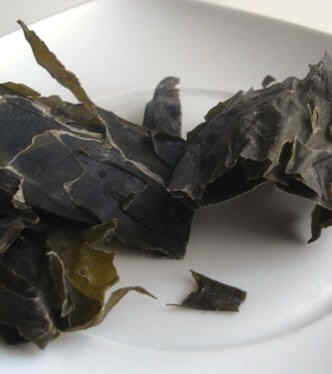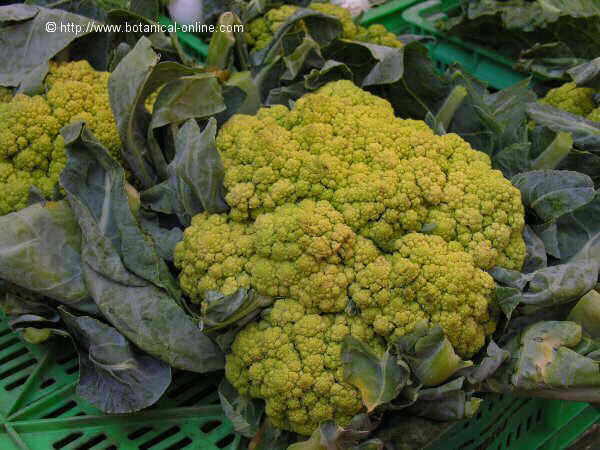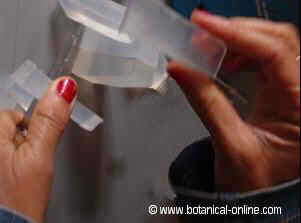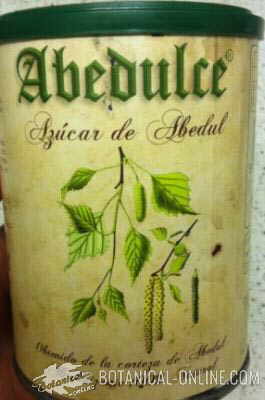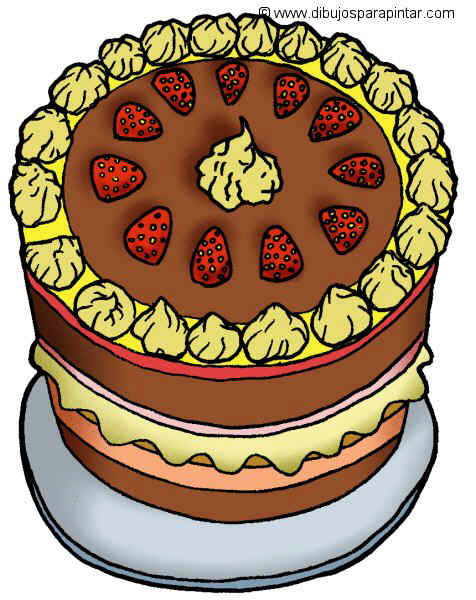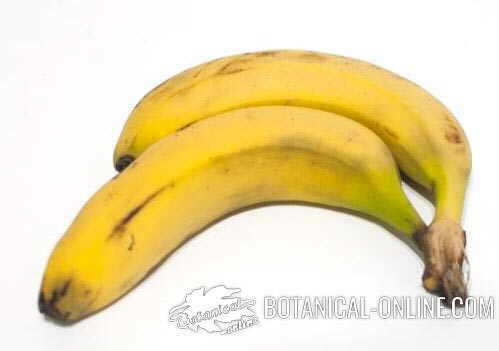Contents
Sources of proteins in the Mediterranean diet
PROTEINS IN THE MEDITERRANEAN DIET
Food with proteins in the Mediterranean diet
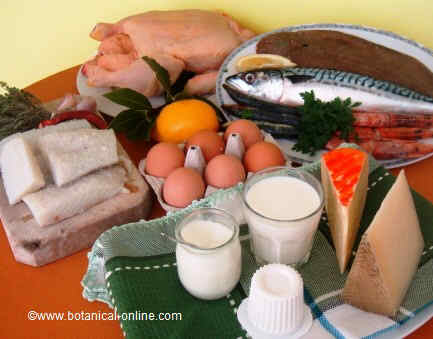
Source of proteins in the Mediterranean diet
Protein sources of the Mediterranean diet are: vegetables, eggs, dairy, fish and meat.
- Vegetables are healthy food that gives us complex carbohydrates, vegetable protein, fiber and minerals important for bones and body. It is a nutritional component that must be consumed at least two times a week: lentils, chickpeas, beans, peas, beans, etc..
- Eggs are a source of quality proteins because they contain all the essential amino acids the body needs. For its cholesterol content, we must be moderate eating them, up to 4 a week.
- Dairy products are quality sources of protein, rich in minerals such as calcium, which contributes to strong bones.
- Fish is a major source of iodine in the diet. We should explain that only seafood can provide iodine, such as seaweed and fish.
Iodine is an essential mineral for proper thyroid function, which contributes to a good development and growth. Iodine deficiency is associated with metabolic diseases such as goiter.
Oily fish gives us, in addition to iodine, essential fatty acids Omega 3.
- For these features, the Mediterranean diet, rich in fish, has more benefits over other diet plans where animal protein derives mostly from meat.
Animal meat consumed in the Mediterranean diet is low in fat and sodium. We found the poultry, quail, chicken or turkey and rabbit meat, less frequent, veal, lamb and pork.
In some Mediterranean countries, especially Italy and Spain, ham is an important component.
The excess of meat in the diet is decalcifying.
* Related information:
Sources of carbohydrates in a Mediterranean diet
Sources of fat in a Mediterranean diet
Antioxidants in the Mediterranean diet
![]() More information on the Mediterranean diet.
More information on the Mediterranean diet.



